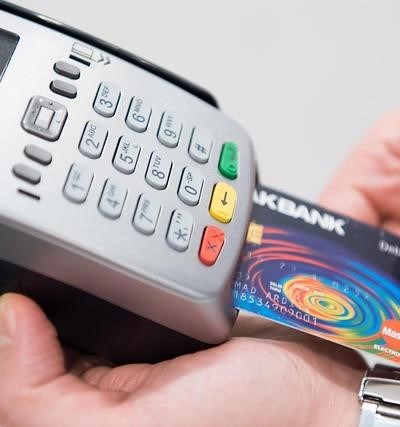
Credit card fraud is more than just a financial setback; it’s a deeply personal violation that carries a significant emotional toll. The experience can trigger a cascade of negative feelings, impacting mental health and well-being far beyond the immediate financial consequences. Understanding the psychological impact is crucial for both victims and those supporting them.
The Immediate Aftermath: A Wave of Negative Emotions
The initial discovery of credit card fraud often unleashes a torrent of overwhelming emotions. Financial stress is immediate and intense, particularly for individuals with limited financial resources. The fear of mounting debt and the struggle to restore one’s credit score can be incredibly daunting. This financial anxiety can quickly spiral into depression, anxiety, and feelings of helplessness. The sense of violation is profound; a feeling of betrayal of trust, both in the financial institution and in the security of personal information, is common.
Anger and frustration are frequently reported, often directed at oneself for perceived negligence, the fraudulent actor, or the institutions involved. This anger can be further amplified by the bureaucratic hurdles involved in reporting the fraud and resolving the financial damage. The psychological impact is severe, leading to sleepless nights, difficulty concentrating, and a pervasive sense of unease.
Long-Term Psychological Effects
The emotional distress caused by credit card fraud doesn’t simply disappear once the financial issues are resolved. The emotional trauma can persist, manifesting as lingering anxiety, difficulty trusting others, and a heightened sense of vulnerability. Victims may experience changes in their daily routines and social interactions, withdrawing from activities they once enjoyed. This can significantly impact their overall mental health and quality of life.
Coping and Recovery
Recovery from credit card fraud is a multifaceted process that requires addressing both the financial and emotional aspects. Financial recovery is often a slow and arduous journey, requiring careful budgeting and potentially seeking debt counseling. However, equally important is addressing the psychological impact.
- Stress management techniques, such as mindfulness, meditation, or yoga, can help manage anxiety and promote relaxation.
- Seeking support from victim support groups or mental health professionals can provide a safe space to process emotions and develop coping strategies.
- Understanding fraud prevention measures can reduce the risk of future incidents and foster a sense of control.
Prevention and Protection
Preventing credit card fraud is vital in mitigating its emotional toll. Regularly monitoring credit reports, implementing strong passwords, and being cautious of phishing scams are crucial steps. Reporting any suspicious activity promptly to your financial institution is essential. Understanding the signs of a security breach, such as unauthorized transactions or unfamiliar login attempts, is also crucial for early detection and intervention.
Remember, you are not alone. Seeking help is a sign of strength, not weakness. With appropriate support and proactive measures, it is possible to navigate the emotional and financial challenges of credit card fraud and rebuild a sense of security and well-being.
This article provides a much-needed perspective on the psychological impact of credit card fraud. It goes beyond the financial aspects and accurately portrays the emotional toll it takes on victims.
Excellent article! The breakdown of the immediate and long-term effects is insightful and helpful for understanding the full scope of the problem. The inclusion of the coping and recovery section is a valuable addition.
This article is a powerful reminder that credit card fraud is more than just a financial crime; it
A well-written and compassionate piece that highlights the often-overlooked emotional consequences of credit card fraud. The language is clear and accessible, making it easy to understand for a wide audience.